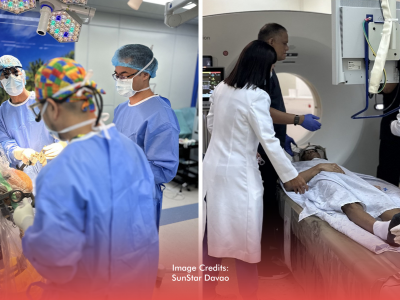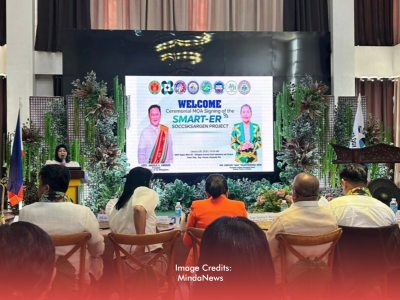The Department of Health (DOH) has initiated a proactive approach to combat the recent measles outbreak in the Bangsamoro Autonomous Region in Muslim Mindanao (BARMM) by advocating for a non-selective immunization drive. This decision comes as a response to the urgent need to curb the spread of measles among children in the region.
Health Undersecretary Eric Tayag announced the implementation of a non-selective immunization strategy during the Bagong Pilipinas Ngayon public briefing. This approach entails administering measles vaccines to children regardless of their vaccination history. Tayag emphasized the importance of swift action to contain the outbreak effectively.
Swift Action Amid Outbreak
The urgency of the situation in BARMM prompted health authorities to adopt the non-selective immunization approach. Tayag highlighted the need for expedited measures to ensure that children receive protection against measles promptly. By immunizing all eligible children, health officials aim to minimize the risk of further transmission within the community.
Reassurance to Parents
Addressing concerns regarding the safety of the immunization process, Tayag reassured parents that there is no risk of children receiving excessive vaccine doses. He emphasized the safety protocols in place to prevent overdosing and underscored the importance of parental confidence in the vaccination campaign.
Target Population
Children aged six months to 10 years are eligible to receive the measles vaccine as part of the non-selective immunization drive. By targeting this age group, health authorities aim to reach a significant portion of the population susceptible to measles infection.
Collaborative Efforts
The success of the non-selective immunization campaign relies on collaborative efforts between health authorities, local communities, and stakeholders. Effective communication, logistical support, and community engagement are essential components of this coordinated response to the measles outbreak.








